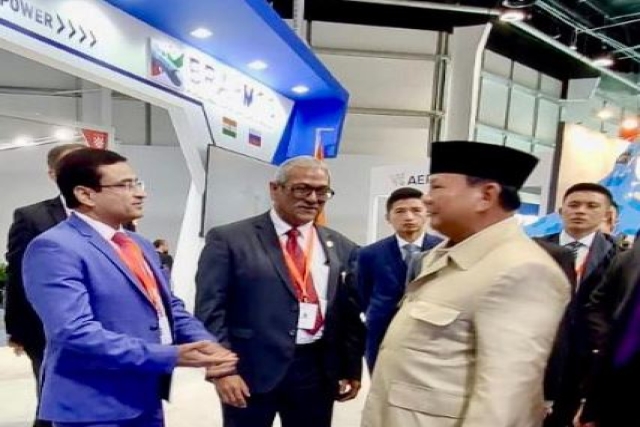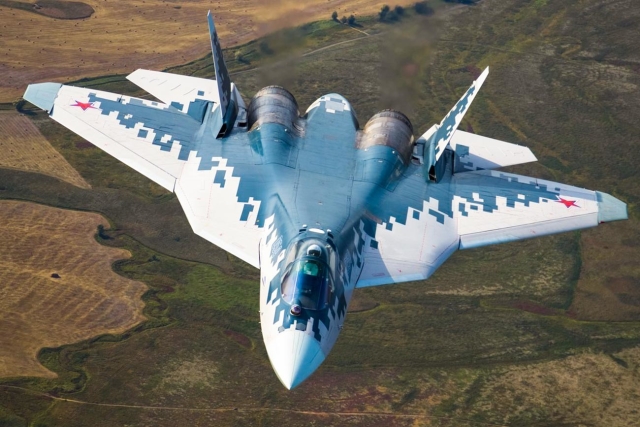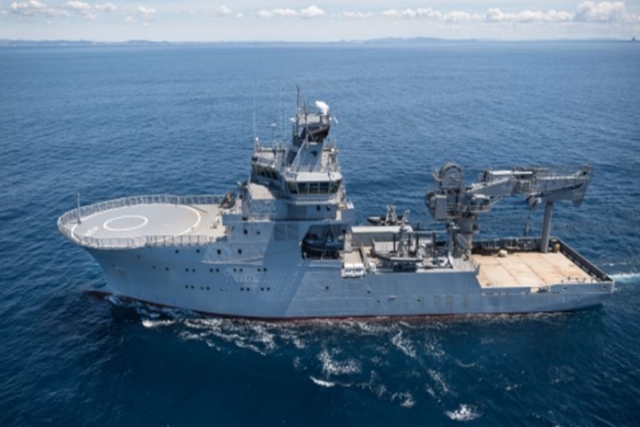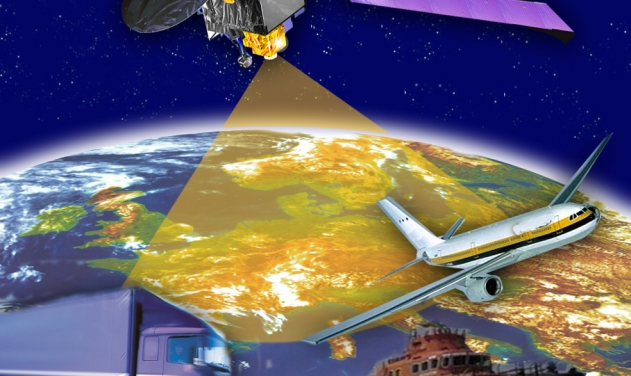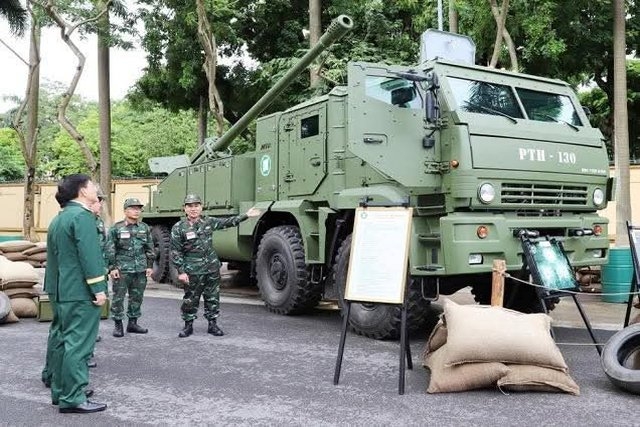BrahMos Aerospace Confirms Ongoing Talks with Indonesia at Army-2024 Forum
The company has also announced plans to begin testing its new air-launched supersonic missile within two years.
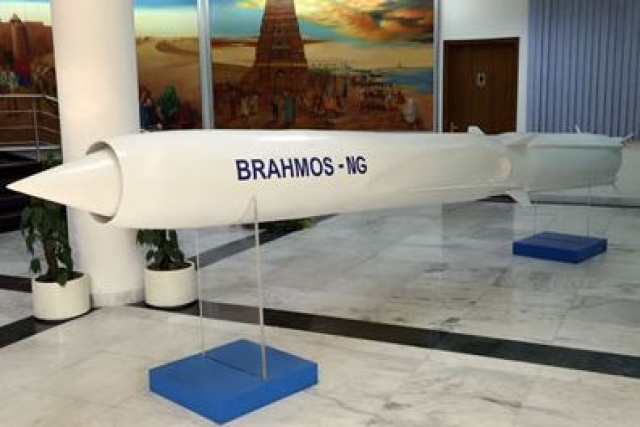
BrahMos Aerospace has confirmed Indonesia's interest in the BrahMos missile during the Army-2024 Forum in the Moscow region.
“Talks with Indonesia are currently ongoing,” a company representative told Defense Mirror at the forum, though they declined to provide further details regarding the potential contract value or timeline.
Indonesia has expressed interest in the Indo-Russian BrahMos system since 2018. The deal, if finalized, will make it the second Southeast Asian country to buy BrahMos missiles. It is estimated to be valued around $200 million. The Philippines bought them for $375 million in January 2022 while Thailand, Malaysia, and Vietnam also have their eyes on the BrahMos.
The Indo-Russian joint venture also announced plans to begin testing its new air-launched supersonic missile, the BrahMos-MA (previously known as BrahMos-NG), within two years, according to Russia's TASS state news agency. The missile is currently in development, with design documents being prepared, and testing is expected to start in 2026—one year later than India's expected start date of 2025.
The BrahMos-NG (Next Generation), or BrahMos-MA, is a scaled-down variant of the existing BrahMos missile. It maintains a 290 km range and Mach 3.5 speed but will be 3 meters shorter and 50% lighter (1,206 kg) than the current version (2,400–2,500 kg). The new missile will be mounted on the Light Combat Aircraft (LCA) Tejas, enhancing its combat capability with both short-range and long-range missiles. Initially, it will be installed on Russian-manufactured aircraft, followed by deployment on Indian-made Light Combat Aircraft. The LCA Tejas will carry two missiles, while Su-30 MKIs can carry four. The reduced weight and dimensions will enable transportation by various platforms, including fighter planes, submarines, and undersea torpedo tubes. The missile, which features supersonic flight, reduced target dispersion, and enhanced stealth, will complicate detection and engagement by air defense systems. It is expected to be used by the Indian Air Force, Navy, and potentially the Russian Aerospace Forces.
